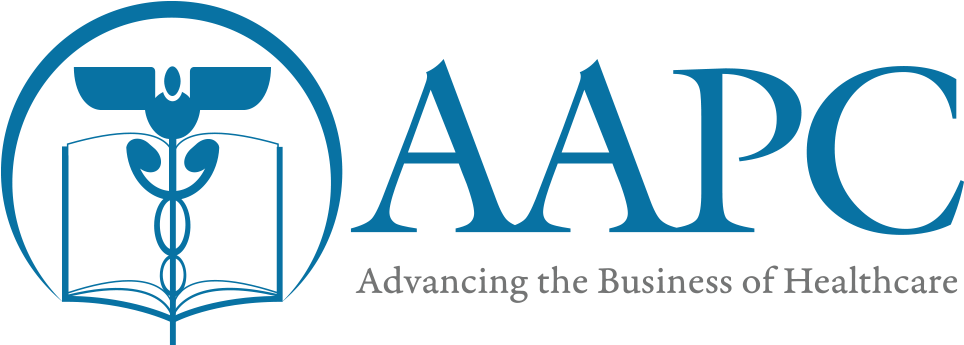What is a Certified Professional Coder?
Certified Professional Coders provide a key step in the medical coding process. Their primary focus is on converting medical procedures, diagnoses, or symptoms into specific codes that make up health records and claims for reimbursement.
As a Certified Professional Coder, you can:
- Improve your earning potential
- Open the door to more career opportunities
- Increase your job mobility – jobs in this industry are expected to grow 11% through 2028, much faster than the average among other professions, according to the U.S. Bureau of Labor Statistics

About the Program
The Certified Professional Coder (CPC®) program, offered in partnership with the American Academy of Professional Coders (AAPC), teaches fundamental coding skills for an outpatient physician setting, and prepares you to take the AAPC CPC® exam for a career in medical coding.
The 12-week, 80 hour course provides the most up-to-date information relating to CPT®, ICD-10-CM Code Set, and HCPCS Level II coding. The training also assures a broad, encompassing knowledge and expertise in reviewing and assigning the correct procedure and diagnosis codes for physician services.
This course is recommended for anyone who is preparing for a career in medical coding for a physician's office and strongly recommended for anyone who is preparing for AAPC's CPC® certification examination.
Please note: Anatomy and Physiology strongly recommended
Certification

The AAPC Certified Professional Coder certification (CPC®) is a recognized medical coding certification in the healthcare industry. The CPC® is the standard for medical coding in physician office settings.
The CPC® certification validates proficiency in the correct application of CPT®, HCPCS Level II procedure and supply codes, and ICD-10-CM diagnosis codes used for coding and billing for medical claims in a physician's office.






















